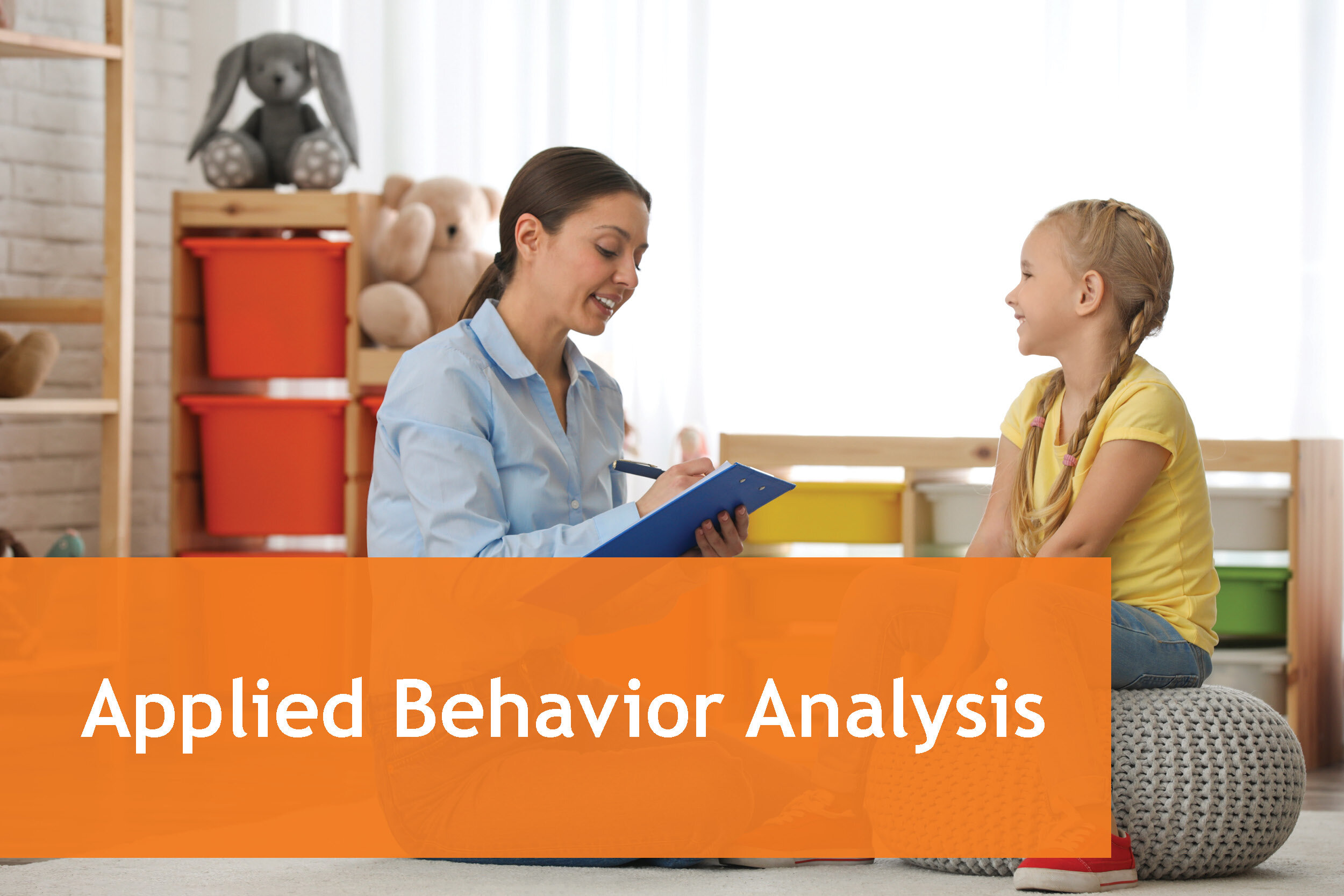The Importance of Ethical Guidelines in Applied Behavior Analysis (ABA)
Ethical guidelines are paramount in the field of Applied Behavior Analysis (ABA), especially concerning the treatment of individuals with developmental disabilities. The history of ABA demonstrates the evolution and refinement of ethical standards to ensure the protection and well-being of clients. Ethical considerations in ABA are rooted in principles of beneficence, non-maleficence, autonomy, and justice. These guidelines serve as a moral compass for behavior analysts, guiding their practice and decision-making processes.
In the context of treating individuals with developmental disabilities, ethical guidelines play a crucial role in safeguarding the rights and dignity of clients. Behavior analysts must prioritize the best interests of their clients, ensuring that interventions are evidence-based, effective, and tailored to individual needs. Moreover, ethical guidelines emphasize the importance of informed consent, confidentiality, and ongoing evaluation of treatment outcomes. By upholding these principles, behavior analysts can uphold the highest standards of professional conduct and promote positive outcomes for individuals with developmental disabilities.
Personal Experience with Ethical Issues
In my professional experience, I encountered an ethical issue related to confidentiality while working with a client diagnosed with autism spectrum disorder. During a team meeting, sensitive information about the client’s behavior and treatment plan was inadvertently disclosed in the presence of individuals who were not directly involved in the case. Recognizing the breach of confidentiality, I immediately raised my concerns with the team members and supervisor.
To address the ethical issue, we conducted a thorough review of confidentiality protocols and reinforced the importance of maintaining privacy and discretion when discussing client cases. Subsequently, additional training on confidentiality guidelines was provided to team members to prevent similar incidents in the future. Through open communication and proactive measures, we were able to rectify the ethical breach and strengthen our commitment to upholding ethical standards in our practice.
Handling Ethical Issues in Current or Future Career
In my current and future career in ABA, I am committed to approaching ethical issues with transparency, integrity, and accountability. Should an ethical dilemma arise, I would follow established protocols for reporting and addressing ethical concerns within my organization. This includes consulting with supervisors, ethics committees, or relevant regulatory bodies to seek guidance on resolving the issue ethically and responsibly.
Furthermore, I recognize the importance of continuous education and training in ethics to enhance my knowledge and understanding of ethical principles in ABA practice. By staying informed about current ethical guidelines and best practices in the field, I aim to proactively identify and address ethical challenges to ensure the highest standard of care for individuals with developmental disabilities.
By integrating ethical considerations into my professional practice, I strive to uphold the core values of ABA and promote the well-being and empowerment of individuals with developmental disabilities.
For further insights on academic writing services, visit Australia Essay Writers. Additionally, explore Behavior Analyst Certification Board for comprehensive information on ethics in ABA practice.



 Our orders are delivered strictly on time without delay
Our orders are delivered strictly on time without delay 

